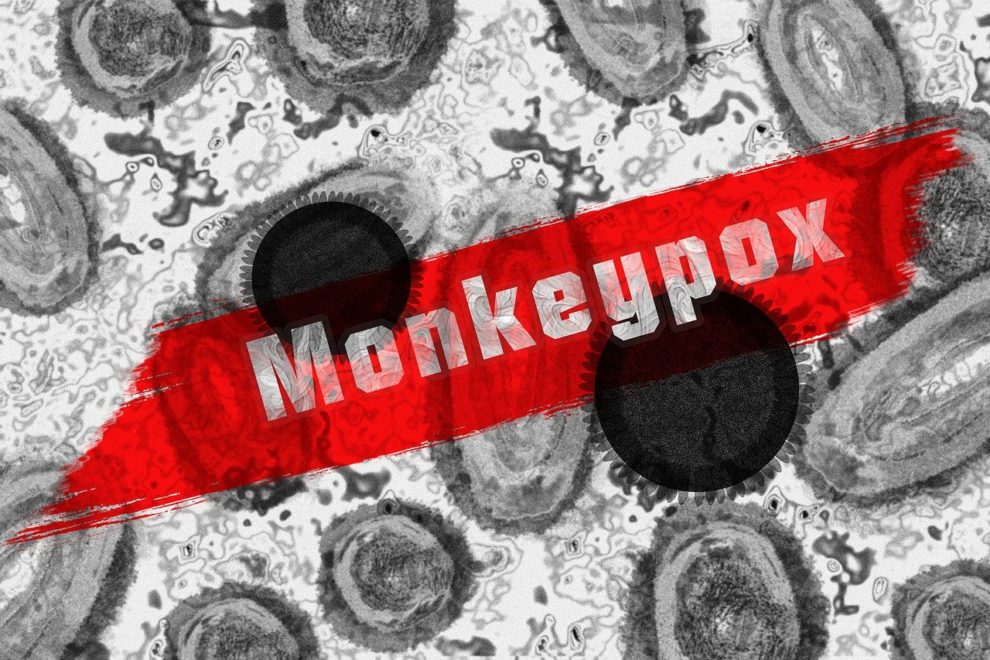As monkeypox cases surge globally, the World Health Organization called Wednesday on the group currently most affected by the virus — men who have sex with men — to limit their sexual partners.
WHO chief Tedros Adhanom Ghebreyesus, who last Saturday declared monkeypox a global health emergency, told reporters that the best way to protect against infection was “to reduce the risk of exposure”.
“For men who have sex with men, this includes, for the moment, reducing your number of sexual partners, reconsidering sex with new partners, and exchanging contact details with any new partners to enable follow-up if needed,” he said.
A surge in monkeypox infections has been reported since early May outside the West and Central African countries where the disease has long been endemic.
Tedros said Wednesday that more than 18,000 cases of monkeypox have now been reported to WHO from 78 countries, with 70 percent of cases reported in Europe and 25 percent in the Americas.
Five deaths have been reported in the outbreak since May, and around 10 percent of those infected end up in hospital to manage the pain, he said.
A full 98 percent of cases have occurred in men who have sex with men.
A study published in the New England Journal of Medicine last week found that 98 percent of infected people were gay or bisexual men, and 95 percent of cases were transmitted through sexual activity.
But experts say the transmission of the disease, which causes a blistering rash, appears to mainly happen during close, physical contact, and monkeypox has so far not been labelled a sexually transmitted infection (STI).
Experts also warn against thinking that only one community can be affected by the disease, stressing that it spreads through regular skin-to-skin contact, and also through droplets or touching contaminated bedding or towels in a household setting.
“Anyone exposed can get monkeypox,” Tedros said, urging countries to “take action to reduce the risk of transmission to other vulnerable groups, including children, pregnant women and those who are immunosuppressed.
The WHO has repeatedly warned against stigma around the disease, which could dissuade those infected from seeking treatment.
“Stigma and discrimination can be as dangerous as any virus, and can fuel the outbreak,” Tedros said.
Andy Seale of WHO’s sexually transmitted infections programme, stressed that the messaging around the need for gay and bisexual men to reduce their number of sexual partners was “coming from the communities themselves”.
But he said this was possibly only “a short-term message as we hope that the outbreak of course will be short-lived”.
